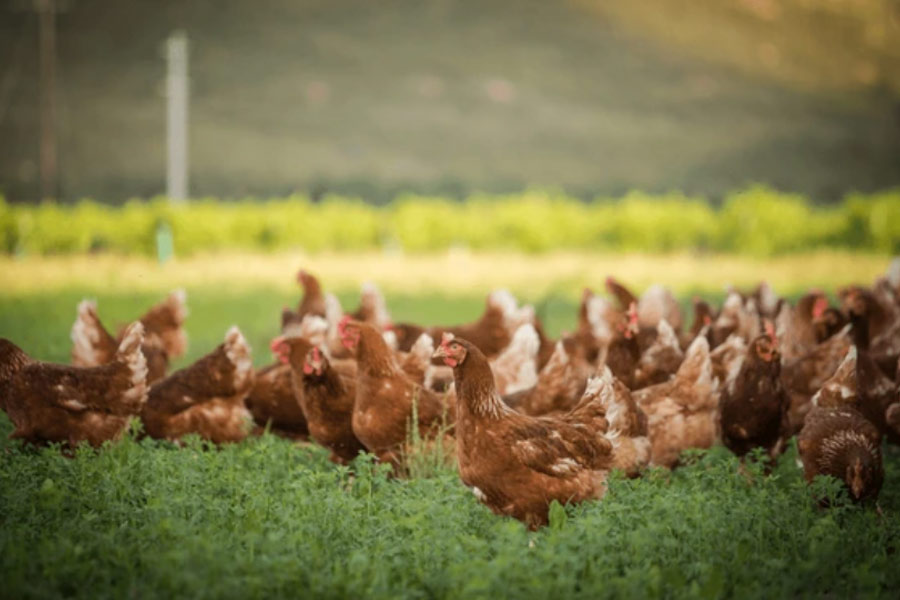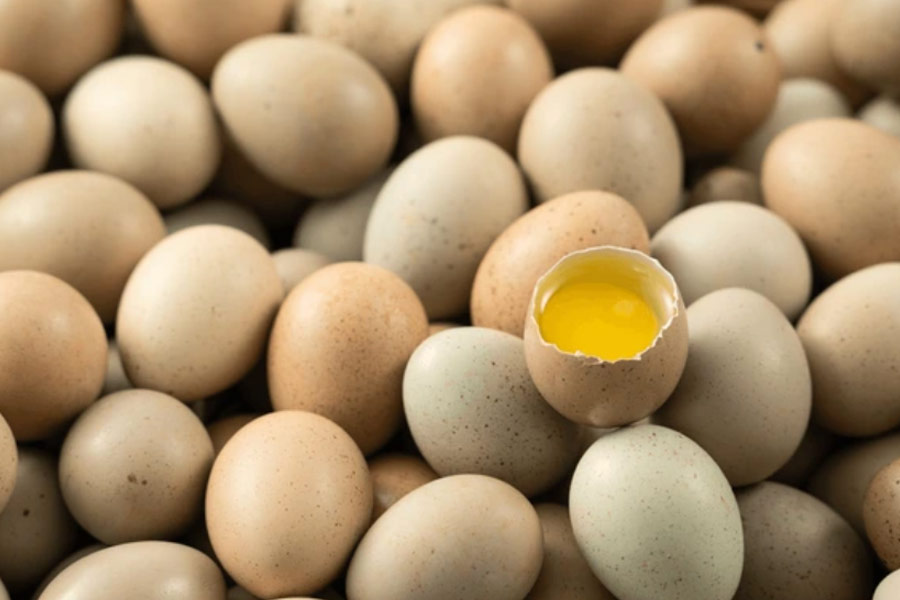As more people become conscious of food sourcing, animal welfare, and overall health, free-range eggs are gaining popularity across India. These eggs, often sold at twice the price of regular eggs, are marketed as more nutritious and cruelty-free alternatives. But are they worth the extra moolah? My Kolkata finds out.
Free-range vs regular: What’s the difference?

In simple terms, free-range eggs come from hens that are allowed to roam outdoors, as opposed to those kept in confined cages or cramped sheds. These hens are not only given more physical space, but also have access to sunlight and a more natural diet that includes grass, grains, and insects. Regular or caged eggs, on the other hand, are raised in an intensive commercial setup where movement and diet are controlled, affecting the hen’s health and the egg’s nutritional profile.
Life outside the cage

Rupam Ganguly, owner of a free-range poultry farm in Arambagh, believes the difference between regular eggs and free-range eggs is apparent. “The hens in a free-range farm are raised in a stress-free environment where they get enough space to roam around. A hen needs two-by-two feet space to move freely, and they get adequate air and sunlight. They aren’t caged or cramped, and that shows in the quality of the egg,” he said.
Consumers, increasingly concerned with humane food sourcing, are beginning to prefer these eggs over the regular ones. Many are willing to pay more if it means the chickens are better treated, and the product is potentially healthier.
The nutritional edge

Dr Payel Kr Roy, head of Dietetics at Techno India DAMA Multispeciality Hospital, confirmed that free-range eggs can offer a nutritional advantage. “Exposure to sunlight boosts Vitamin D levels in the eggs. A natural diet, rich in plants and insects, increases beta-carotene and omega-3 fatty acids,” she said.
These nutrients contribute to better bone health, heart function, and immune support.
While cholesterol levels may not differ significantly, free-range eggs tend to have higher levels of antioxidants like flavonoids and carotenoids, which support overall health. However, Roy adds a caveat: “The term ‘free-range’ isn’t always strictly defined. The actual conditions can vary, so it’s essential to know your source.”
For the love of eggs

For many egg lovers, the shift to free-range is also about taste. Food writer and content creator Rukshana A Kapadia shared, “As a Parsi, eggs are part of my everyday diet. Over time, I chose free-range eggs because they align with my love for animals and my belief in humane farming. The yolks are richer, and the taste is noticeably better. Yes, they’re costlier, but to me, it’s a small price to pay for something that feels right, both nutritionally and ethically.”
Pritha Paul, a food vlogger, echoes this sentiment. “My father always picked free-range eggs because he believed they tasted better. Maybe that’s why I grew up loving them. The yolks are creamier, and even the shells feel different.”
Korak Basu, a communication professional, recalls a time before “free-range” was a buzzword. “We had desi murgir dim — eggs from country chickens. They are reddish, rich in taste, and perfect for spicy egg curry. That flavour is hard to forget.”
